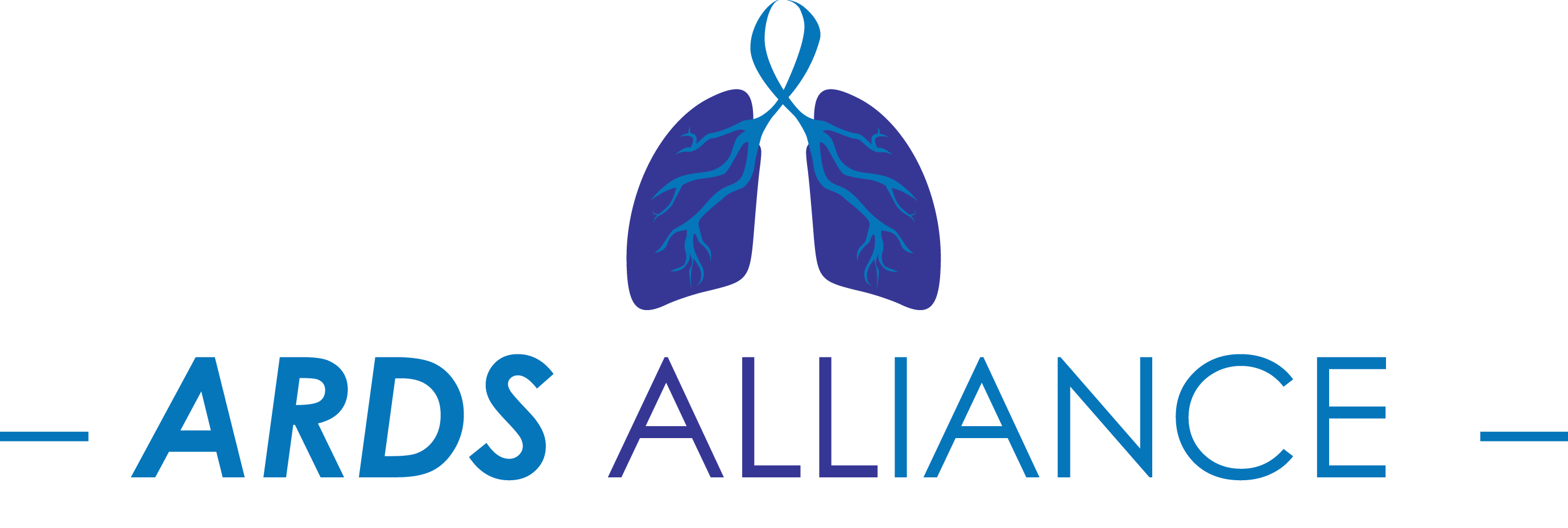ECMO
About ECMO
ECMO (Extracorporeal Membrane Oxygenation) is a life-support system that provides heart and lung function for critically ill patients. It pumps blood outside the body, removes carbon dioxide, and oxygenates it before returning it to the patient. ECMO is used in severe cases of respiratory or cardiac failure, such as ARDS, heart attacks, or post-surgical complications, when conventional treatments are not sufficient.
Watch a short video about ECMO:
Key Points about ECMO
ECMO (Extracorporeal Membrane Oxygenation) is a machine that acts like an artificial heart and lungs when a person’s own organs are too weak to work properly. It takes blood out of the body, removes carbon dioxide, adds oxygen, and then pumps it back in—helping the patient breathe and circulate blood while their body heals.
- Who Needs It? People with severe lung or heart problems, like ARDS or heart failure, when ventilators or other treatments aren’t enough.
- How Does It Work? There are two types:
- Lung Support (VV-ECMO): Helps people whose lungs can’t get enough oxygen.
- Heart & Lung Support (VA-ECMO): Helps when both the heart and lungs are struggling.
- Is It Permanent? No—ECMO is a temporary solution to give the body time to recover or wait for a transplant.
- Risks? It’s a complex treatment requiring close monitoring, as it can cause bleeding, clots, or infections.
ECMO is a last-resort life-saving tool used in ICUs, offering patients a chance to recover when no other options are working.

After ECMO
Post-ECMO Recovery: What to Expect
Recovering after ECMO can be a long journey, as the body needs time to heal from both the illness and the effects of the life-support treatment. Here’s what patients and families can expect:
- Physical Recovery
- Weakness & Fatigue – Being on ECMO often leads to muscle loss, so patients may feel very weak and tired.
- Physical Therapy – Gradual movement, rehabilitation, and sometimes speech or occupational therapy are needed to regain strength.
- Lung & Heart Healing – Some may still need oxygen support or medications to help heart function.
- Mental & Emotional Recovery
- Brain Fog & Confusion – Some experience memory issues or difficulty concentrating, often called “ICU delirium.”
- Emotional Impact – Depression, anxiety, or PTSD are common due to the traumatic experience of critical illness.
- Long-Term Effects & Follow-Up
- Doctor Visits & Monitoring – Regular check-ups help track recovery and manage any complications.
- Possible Organ Damage – Some may have lingering effects on the lungs, heart, or kidneys, requiring ongoing treatment.
- Lifestyle Adjustments – A heart-healthy diet, exercise, and medication may be necessary to prevent further complications.
Recovery varies from person to person, but with the right support—medical, physical, and emotional—many ECMO survivors regain a good quality of life over time.
